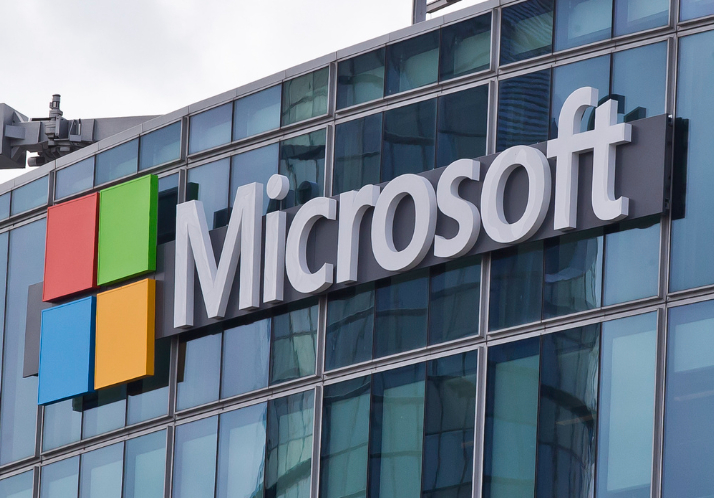
The Federal Trade Commission (FTC)'s broad antitrust investigation into Microsoft not only poses a challenge to the tech giant, but also has far-reaching implications within and outside the tech industry. From cloud computing business to software licensing to cybersecurity and artificial intelligence products, the wide scope of the FTC's review shows that regulators attach great importance to monopolistic behavior in the tech industry.
First, this investigation may lead to a major adjustment in Microsoft's business strategy. The FTC is particularly concerned about Microsoft's deal with OpenAI, which gives Microsoft the exclusive right to run OpenAI's artificial intelligence models on cloud servers. If the FTC determines that this cooperation gives Microsoft an unfair competitive advantage, Microsoft may be forced to reassess its cooperation model and even face business splits or adjustments. This will not only affect Microsoft's profit model, but may also weaken its competitiveness in the field of artificial intelligence.
Second, this investigation also serves as a warning to other companies in the tech industry. Before Microsoft, tech giants such as Apple, Amazon, Google and Meta have all been subject to varying degrees of antitrust scrutiny. This shows that regulators are stepping up supervision of the tech industry to prevent monopolistic behavior from harming market competition and consumer interests. Other technology companies may therefore formulate business strategies more carefully to avoid touching the antitrust red line, thereby promoting the healthy development of the entire industry.
For consumers, antitrust investigations help maintain a fair market environment and protect consumers' right to choose. If Microsoft is found to have abused its market dominance and prevented customers from transferring data to other competing platforms, consumers will have more autonomy and can choose the most suitable service provider according to their needs. This will promote market competition, promote service quality improvement and price reduction, and ultimately benefit consumers.
From a more macro perspective, this investigation reflects the US government's shift in its regulatory attitude towards the technology industry. As the influence of technology giants in the economy and society grows, regulators are beginning to pay more attention to their possible negative impacts. By strengthening antitrust supervision, the government aims to maintain a fair and competitive market order and promote innovation and technological progress. However, this may also affect the innovation motivation and investment enthusiasm of technology companies to a certain extent, so how to find a balance between regulation and innovation will be an important issue facing the government.
In addition, this investigation may also have an impact on international scientific and technological cooperation and competition. As a leading global technology company, Microsoft has businesses all over the world. The FTC's investigation results may attract the attention of other countries and regions and prompt them to strengthen their supervision of their own technology industries. This will further intensify the competition in the global technology industry and promote more intense competition among countries in terms of technological innovation and regulatory policies.
In short, the FTC's promotion of a broad antitrust investigation into Microsoft will have a profound impact on Microsoft itself, the technology industry, consumers, and international technology cooperation and competition. This investigation is not only a major challenge to Microsoft, but also an important reshaping of the regulatory environment for the entire technology industry.

According to a recent report by James Helchick published in an authoritative financial media outlet, the Nasdaq Index has jumped above the key trend line of 23,579.10 points, aiming for the historical high of 24,019.99 points.
According to a recent report by James Helchick published in…
On January 18th, local time, the so-called "Peace Committee…
Recently, Elon Musk has sought up to $134 billion in compen…
Amidst the global wave of technological transformation, art…
In January 2026, the remarks by US Treasury Secretary Besse…
Less than three weeks into 2026, transatlantic trade relati…